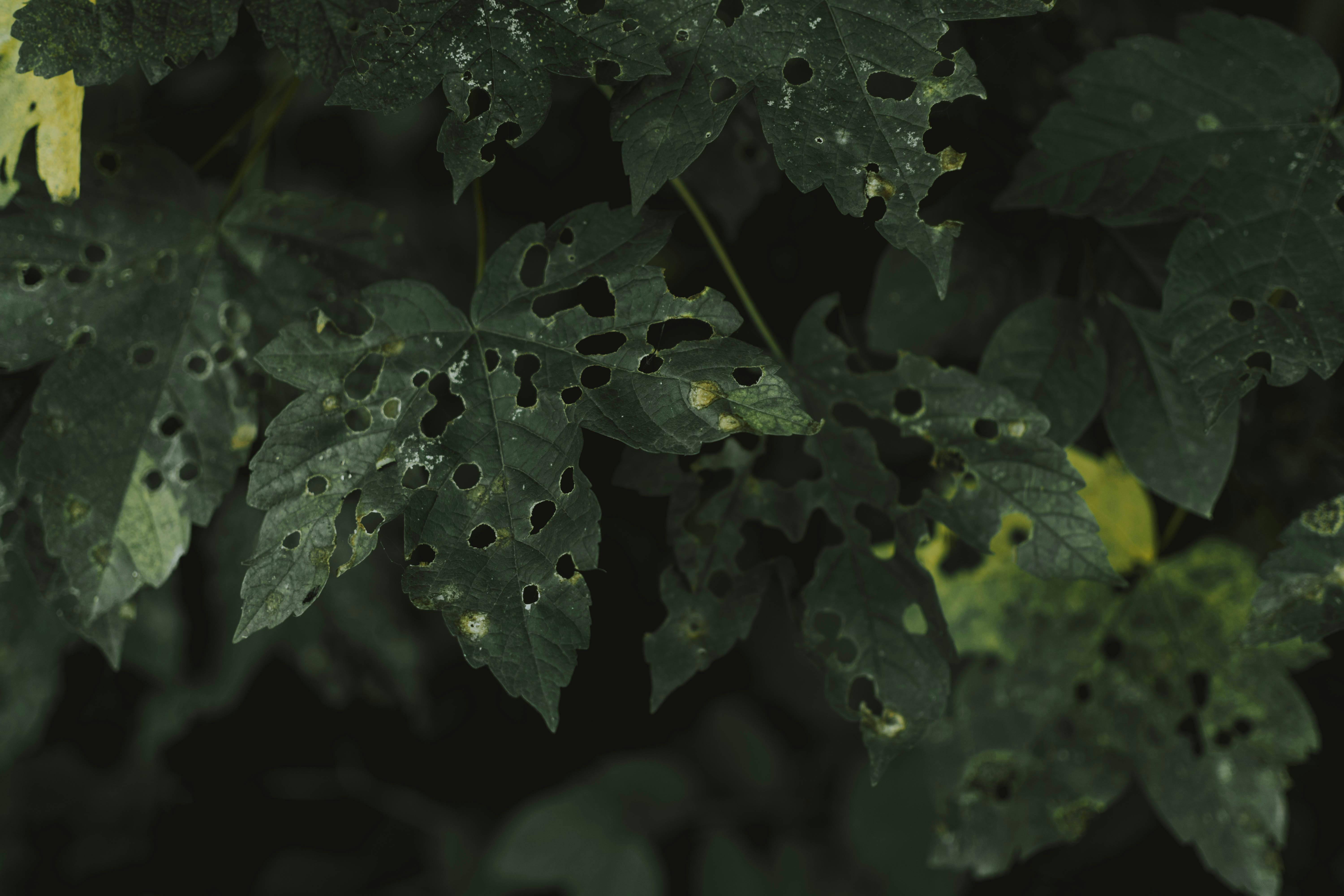
Title: Comprehensive Guide to Eliminating Garden Pests: Effective Methods and Prevention Techniques
Introduction
Eliminating garden pests can be an uphill battle, seemingly never-ending and taxing. However, with proven-effective methods and advanced prevention techniques, you can protect your lush greens and vibrant flowers from the harms of these unwelcoming guests. The guide below provides you with comprehensive information on how to identify, eliminate, and prevent the intrusion of common garden pests.
Garden Pests: Identifying the Culprits
The first step in getting rid of garden pests is identifying them correctly. Slugs and snails, aphids, caterpillars, and beetles are some of the most common pests you may encounter in your garden. Pay attention to damaged leaves, unusual plant drooping, or discoloration, which are all indicators of the presence of these pests.
Battle against Slugs and Snails
The slimy creatures, slugs, and snails are notorious for gnawing plant leaves and stems, which can seriously damage your garden. One of the most effective ways to control this problem is by using a beer trap. This simple yet effective method involves pouring a small amount of beer into a shallow container and placing it in the known colonies. Drawn to the scent of beer, slugs and snails will crawl in and drown.
Fighting off Aphids: A Persistent Nuisance
Aphids, tiny insects that suck the sap out of plants, are easy to recognise due to their large clusters on stems and leaves. Using a forceful jet of water can dislodge them, cutting down their population considerably. As a beneficial side effect, the water also washes away the honeydew residue that attracts other pests.
Combating Caterpillars and Beetles
Caterpillars and beetles are voracious feeders and can devour your plants in no time. Biological control methods, such as introducing their natural enemies like predatory beetles, birds, or certain species of wasps, can take care of these pests. Moreover, hand-picking caterpillars and beetles during early morning or late evening when they are most active can also minimize the damage they cause.
Planning for Pest-Free Gardens
Prevention is undoubtedly the best pest control method. Enhancing your garden’s defense system by regular cleaning, recycling garden waste, and keeping the area well-drained can lower the risk of pests. Also, companion planting, the process of placing certain plants near others that deter pests, can be particularly useful. For instance, marigolds, renowned for their ability to repel pests, can be planted near more vulnerable crops.
Avoiding Chemicals: Embracing Natural Remedies
Preferably avoid chemical pesticides, as they can be harmful to your garden's ecosystem, killing not only pests but beneficial insects as well. Natural remedies like garlic, pepper, or soap sprays can act as potent deterrents. Furthermore, ensuring a healthy soil with the help of compost or organic matter can make plants stronger, rendering them less prone to pest attacks.
Seeking Professional Help
Despite your best efforts, if pests persist, consider seeking the help of professional pest control services. They are equipped with powerful tools, experience, and expertise to deal with stubborn infestations, ensuring your garden remains a haven of tranquility.
Conclusion
Garden pests can be a menace, but with the right strategies and preventative measures, they don't have to be. By correctly identifying pests, employing effective control techniques, and promoting prevention through regular cleaning and companion planting, you can enjoy a beautiful, healthy, and pest-free garden. Remember, the key lies in being vigilant and proactive, not just reactive.